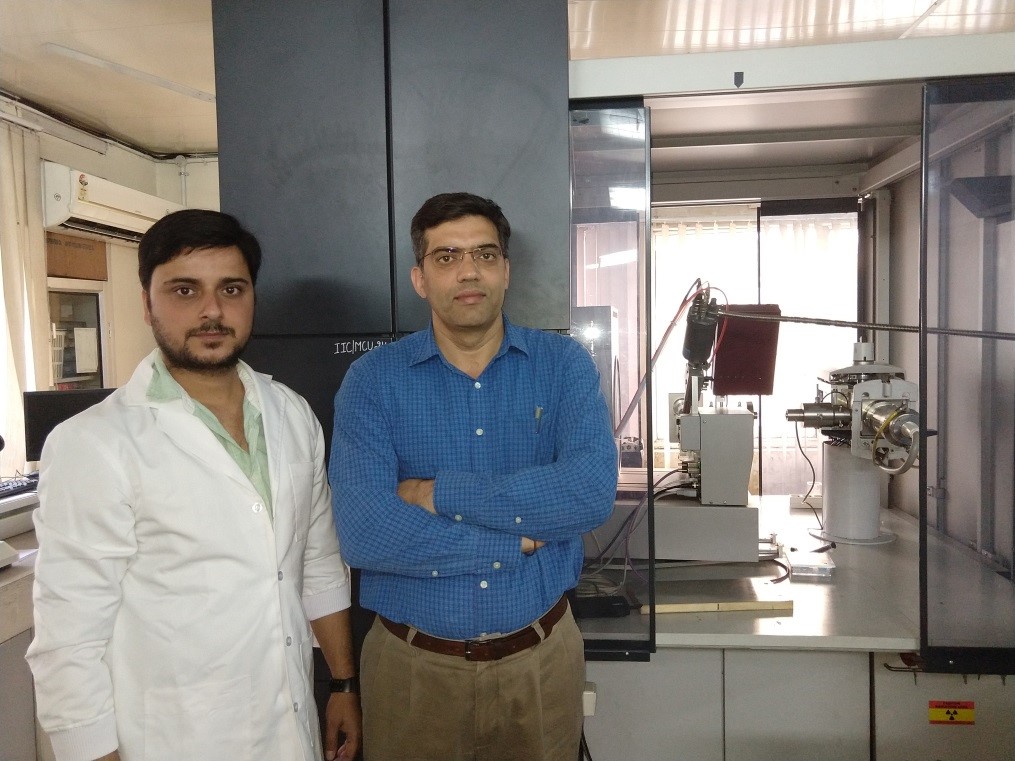
Albumin Better Indicator of Diabetes: Study
- News
- 1.8K
Based on findings of their new research, scientists at the National Chemical Laboratory, Pune have suggested that measuring levels of free albumin and albumin attached to glucose molecules in the blood can be a better diagnostic test for diabetes and help in its management.
The World Health Organization (WHO) recommends using levels of glycated (or glucose-bound) hemoglobin in blood for diagnosis of diabetes. The routinely prescribed tests for fasting blood sugar levels vary due to various factors like stress levels, time of collection, diet and medications taken previous day etc.
Glycation is binding of glucose to protein or lipid molecules and glycated hemoglobin is the percentage of glucose bound to hemoglobin. Hemoglobin is component of red blood cells whose average lifespan is four months in blood. The level of glucose bound hemoglobin, therefore, tells the diabetic condition of an individual from the previous four months.
Now NCL scientists have shown how albumin levels in blood influence glycation of hemoglobin. “Levels of glycated hemoglobin in blood are influenced by many factors like anemia, iron deficiency, pregnancy. The current analytical methods do not accurately measure glycated hemoglobin,” explained Dr. Mahesh Kulkarni, author of the research study, while speaking to India Science Wire.
The researchers, through experimentation, have shown that at lower levels of albumin in blood, glycation of both albumin and hemoglobin occurs. If albumin levels decrease or get saturated with bound glucose, other proteins like hemoglobin are exposed to glucose and their glycation increases. Therefore, levels of albumin and glycated albumin can also help in predicting the onset of diabetes.
“Our study has provided a mechanical insight into how albumin levels influence glycated hemoglobin. Therefore, we propose that albumin and glycated albumin levels should be quantified in conjunction with glycated hemoglobin for better diagnosis and management of diabetes. Further, we would like to measure albumin and glycated albumin levels in the large diabetic cohort to validate our results” added Dr. Kulkarni.
The research team included Mashanipalya G. Jagadeeshaprasad, Vinashya Venkatasubramani and Mahesh J. Kulkarni from NCL and Ambika G. Unnikrishnan from Chellaram Diabetes Institute, Pune. The study has been published in journal ACS Omega. (India Science Wire)
By Dr. Aditi Jain
Albumin Abundance and Its Glycation Status Determine Hemoglobin Glycation
If you liked this article, then please subscribe to our YouTube Channel for the latest Science & Tech news. You can also find us on Twitter & Facebook.


